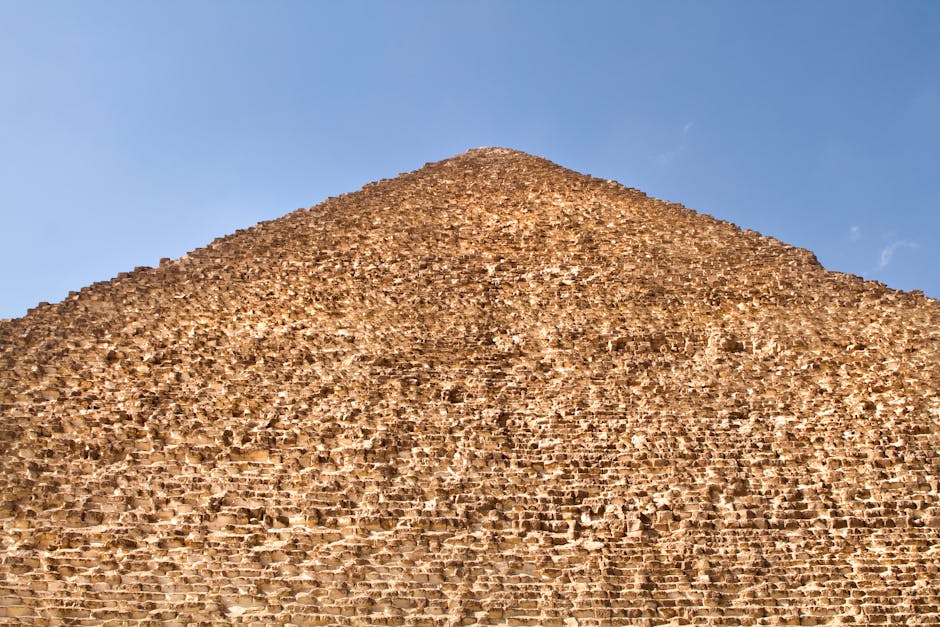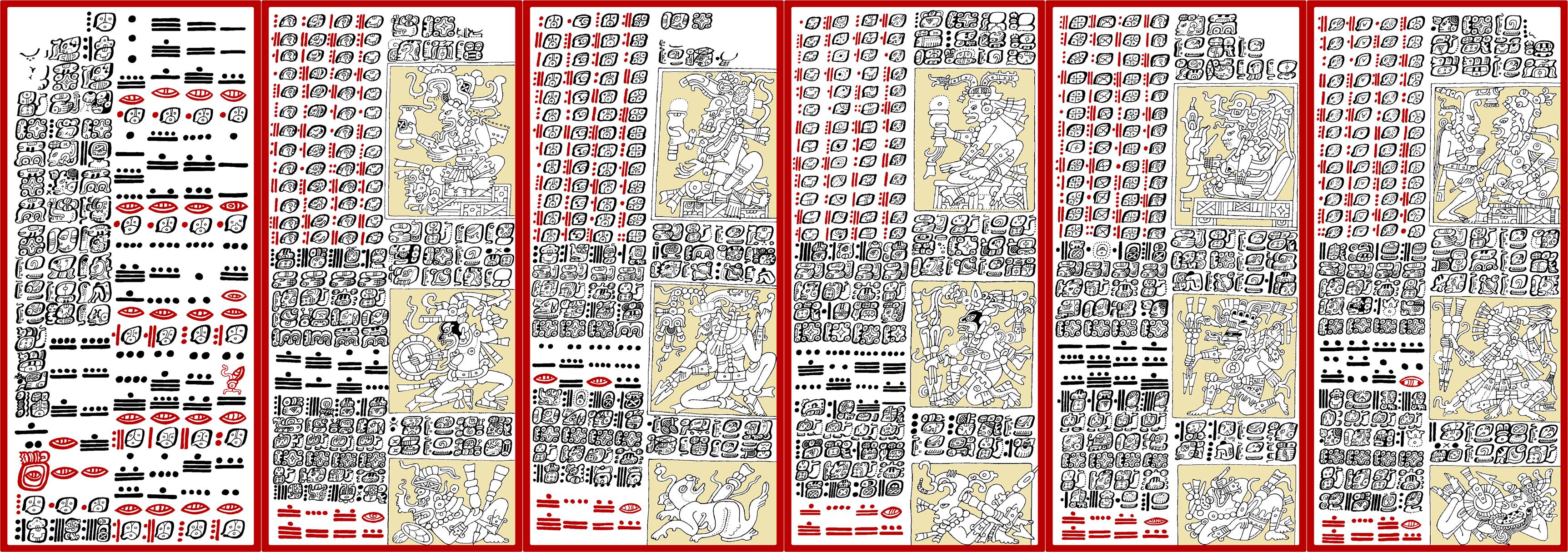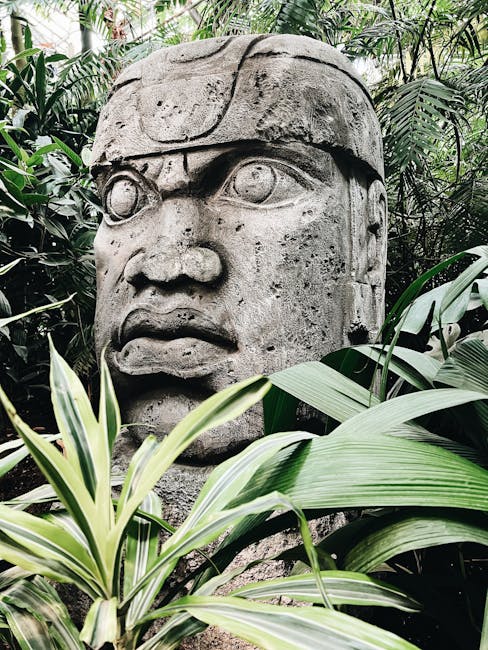The Sumerians: Pioneers of Writing and Urbanization

The Sumerians, who inhabited southern Mesopotamia around 4500 BCE, are credited with developing one of the earliest forms of writing known as cuneiform. This writing system allowed them to document trade, laws, and literature, which laid the foundation for future civilizations. They also established some of the first cities, such as Ur and Uruk, showcasing advanced urban planning with complex irrigation systems and ziggurats. Their mathematical innovations, including the base-60 number system, are still evident today in our timekeeping and geometry. The Sumerians also made significant advances in astronomy, developing a lunar calendar that influenced later cultures. Their contributions to civilization were profound, setting a precedent for the development of organized society as we know it today.
The Indus Valley Civilization: Masters of Urban Planning

The Indus Valley Civilization, flourishing around 2500 BCE in present-day Pakistan and northwest India, is renowned for its sophisticated urban planning. Cities like Mohenjo-Daro and Harappa featured grid layouts, advanced drainage systems, and standardized fired-brick construction. They had a complex social structure and engaged in extensive trade, evidenced by the discovery of weights and measures. The civilization’s script remains undeciphered, but artifacts suggest a rich cultural life with pottery, jewelry, and seals. Their agricultural practices were advanced, utilizing irrigation techniques that supported large populations. The level of organization and planning in their cities is a testament to their advanced understanding of urban development.
The Ancient Egyptians: Innovators of Engineering and Medicine

Ancient Egypt, known for its monumental architecture, such as the Pyramids of Giza, also made remarkable contributions to medicine and engineering. The Egyptians practiced advanced surgical techniques and had a deep understanding of anatomy, as evidenced by their mummification practices. They developed a calendar based on the lunar cycle and the annual flooding of the Nile, which was crucial for agriculture. Their knowledge of mathematics enabled them to construct complex structures with precision. Additionally, their religious beliefs spurred advancements in art, writing, and literature, leaving a lasting legacy. The sophistication of their engineering and medical practices was unparalleled in the ancient world.
The Minoans: Early Maritime Civilization

The Minoans, who thrived on the island of Crete from approximately 2700 to 1450 BCE, are considered one of Europe’s first advanced civilizations. They established extensive trade networks across the Mediterranean, evidenced by archaeological finds in Egypt and the Levant. The Minoans are known for their impressive palaces, such as Knossos, which featured advanced plumbing systems and vibrant frescoes. Their writing system, Linear A, remains undeciphered, but it indicates a complex administrative system. The Minoans also had a rich cultural life, with evidence of religious practices centered around nature and fertility. Their maritime prowess and artistic achievements reflect a civilization that was both innovative and influential.
The Phoenicians: Innovators of the Alphabet

The Phoenicians, a maritime civilization that emerged around 1500 BCE in the region of modern Lebanon, are best known for developing one of the first alphabets. This phonetic writing system greatly simplified writing and communication, influencing many languages, including Greek and Latin. The Phoenicians were skilled traders and established colonies throughout the Mediterranean, including Carthage. Their advancements in shipbuilding and navigation allowed for extensive trade networks. They also contributed to the development of purple dye, which became a symbol of wealth and power in ancient societies. Their influence on language and trade had a profound impact on the ancient world.
The Chinese: Early Innovators of Technology

Ancient China, with its roots dating back to around 2100 BCE, is known for numerous technological innovations that were ahead of their time. The invention of paper, gunpowder, and the compass are just a few examples of their contributions to civilization. The Chinese also developed advanced agricultural techniques, including crop rotation and irrigation, which supported large populations. Their philosophical teachings, such as Confucianism and Daoism, shaped societal values and governance. The Great Wall of China, a monumental engineering feat, showcases their capabilities in construction and defense. Their technological and philosophical advancements were crucial to their enduring legacy.
The Maya: Masters of Astronomy and Mathematics

The Maya civilization, which flourished in Mesoamerica from around 2000 BCE to the Spanish conquest in the 16th century, is renowned for its advanced understanding of astronomy and mathematics. They developed a complex calendar system that accurately predicted solar and lunar events. The Maya also created a sophisticated writing system known as hieroglyphics, which recorded their history and mythology. Their architectural achievements, including pyramids and observatories, reflect their advanced engineering skills. The Maya’s agricultural practices, including the use of terracing and slash-and-burn techniques, supported their large populations. Their scientific and cultural contributions were significant and enduring.
The Greeks: Philosophers and Scientists

Ancient Greece, flourishing from around the 8th century BCE, is often hailed as the cradle of Western civilization. The Greeks made significant contributions to philosophy, mathematics, and science, with figures like Socrates, Plato, and Aristotle laying the groundwork for modern thought. They developed the concept of democracy, influencing political systems worldwide. Greek advancements in medicine, particularly through Hippocrates, established foundations for medical ethics and practice. Their architectural innovations, such as the use of columns and symmetry, are still admired today in modern buildings. The intellectual and cultural achievements of the Greeks have had a lasting impact on the world.
The Romans: Masters of Engineering and Law
The Roman Empire, at its height around 117 CE, was known for its engineering prowess and legal innovations. The construction of aqueducts, roads, and monumental structures like the Colosseum showcased their advanced engineering techniques. Roman law laid the foundation for legal systems in many modern countries, emphasizing principles such as justice and equality. The Romans also made significant advancements in public health, including sanitation and hygiene practices. Their military strategies and organization contributed to their vast empire, influencing cultures across Europe and beyond. The legacy of Roman engineering and law continues to shape the modern world.
The Incas: Engineers of the Andes
The Inca Empire, which thrived in South America from the early 15th century until the Spanish conquest in the 16th century, is known for its impressive engineering feats. The Incas constructed an extensive road system that connected their vast empire, facilitating trade and communication. Their agricultural innovations, including terracing and irrigation, allowed them to cultivate diverse crops in the challenging Andean environment. The Incas also built remarkable stone structures, such as Machu Picchu, showcasing their advanced masonry skills. Their societal organization and use of quipu for record-keeping demonstrate their complex administrative systems.


